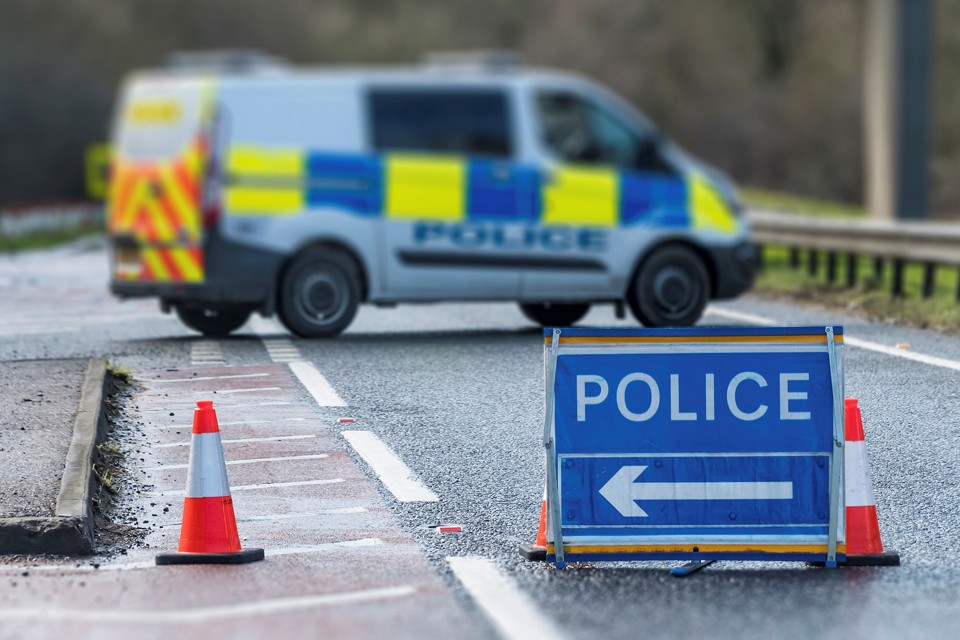New road casualty statistics show that there was an increase in the number of people killed on Britain’s roads last year, with 10 deaths involving an e-scooter.
The data, published by the Department for Transport (DfT), shows an estimated 1,558 reported road deaths in 2021 - a decrease of 11% from pre-pandemic levels (2019).
RAC road safety spokesperson Simon Williams said: “While the overall number of road deaths is down on pre-pandemic levels, the fatality rate per billion miles driven has increased suggesting little progress is being made in making our roads safer.
“We urge the Government to publish its updated road safety plan which focuses on both improving car safety – including mandating technology such as intelligent speed assist in new cars – as well as measures to tackle poor driving standards and illegal behaviour behind the wheel.”
Casualty numbers were low in 2020, largely as a result of periods of lockdown resulting in a reduction in road traffic.
As the first half of 2021 also had a lockdown, the overall figures for 2021 remain lower than pre-pandemic levels.
However, over the second half of the year, both casualties and traffic returned to levels similar to those in 2019.
Monthly changes in casualties during 2021 generally showed a similar trend to changes in traffic levels.
There was an estimated 27,450 killed or seriously injured (KSI) casualties in 2021, with an increase in casualties for all main road user types in 2021 compared with 2020.
“A tenfold increase in deaths related to e-scooters in just one year is utterly unacceptable,” Neil Greig, IAM RoadSmart
The DfT data also reveals that not wearing a seatbelt contributed to 30% of deaths in cars for the first time. At night, that rose to almost half (47%).
Most likely to be killed while not wearing seatbelt were younger car occupants aged 17 to 29 years at 40%.
“This is a dreadful jump in road deaths where wearing a seat belt may well have been the difference between surviving or dying in a road crash,” said Jack Cousens, the AA’s head of roads policy.
“Release from pandemic lockdowns may have fuelled some of the surge, but the rate of death while not wearing a seat belt was surging even before covid.
“There may need to be a road safety campaign to raise the danger once again. Clearly, the message is being forgotten.”
E-scooter casualties and deaths
The DfT annual report - Reported Road casualties Great Britain, annual report: 2021 - also reveals that there were 1,434 casualties involving e-scooters, of which 10 people were killed, 421 were seriously injured and 1,003 were slightly injured.
This is in stark contrast to the DfT’s 2020 statistics, which recorded 484 casualties involving e-scooters, including one death, 128 serious injuries and 355 slight injuries.
Neil Greig, director of policy and research at IAM RoadSmart, said: “The e-scooter carnage must stop.
“A tenfold increase in deaths related to e-scooters in just one year is utterly unacceptable and the continued delay in regulating these machines is costing lives and causing misery on our city roads every day.
“IAM RoadSmart calls on the new transport secretary, Anne-Marie Trevelyan, to make road safety the number one deliverable for her department in the coming months by introducing the long-awaited Transport Bill to regulate e-scooters for the first time.”
Cousens added: “We were hopeful that the lockdowns and restricted travel throughout the pandemic would reset road deaths, but sadly they have increased from 2020 and a new trend has become more established.
“As e-scooter trials continue across the country, crashes involving e-scooters rose by 193% in 2021 compared to 2020.
“The wider introduction of micromobility into the national transport picture must look at how we can adopt new and emerging personal mobility tech without compromising the safety of all road users, including pedestrians.”






















Login to comment
Comments
No comments have been made yet.